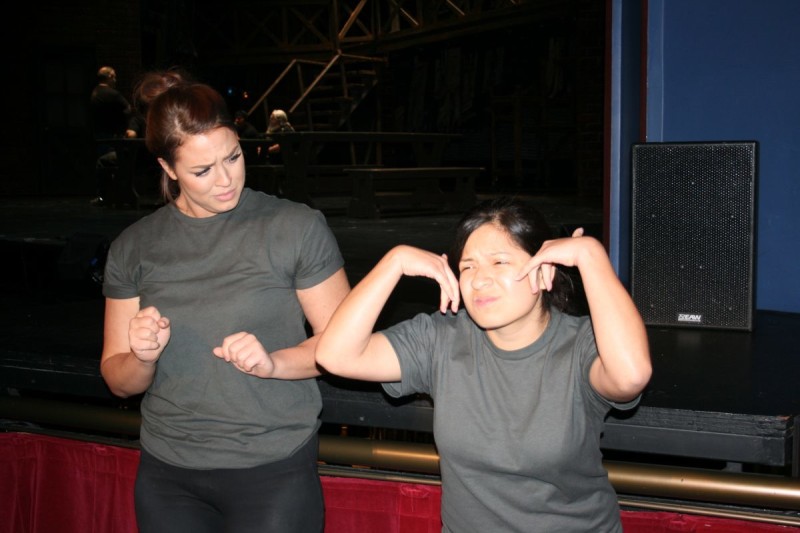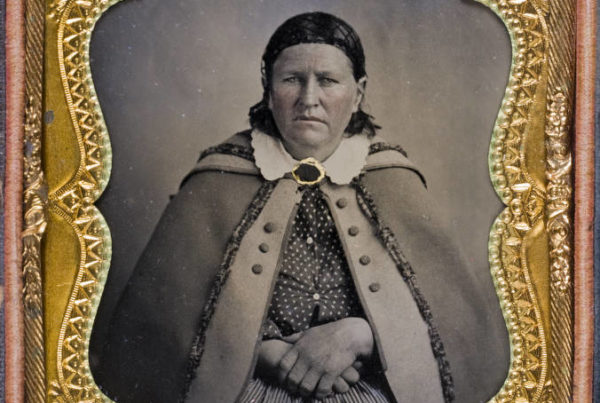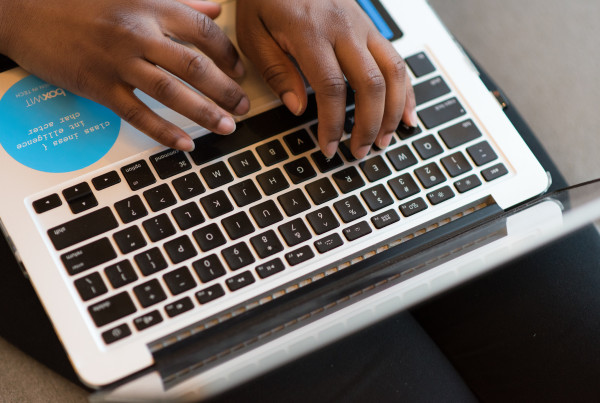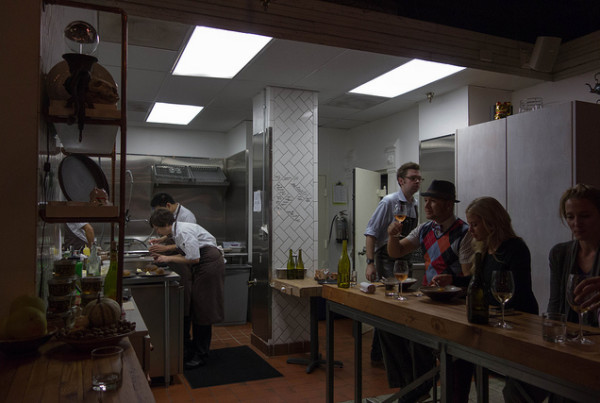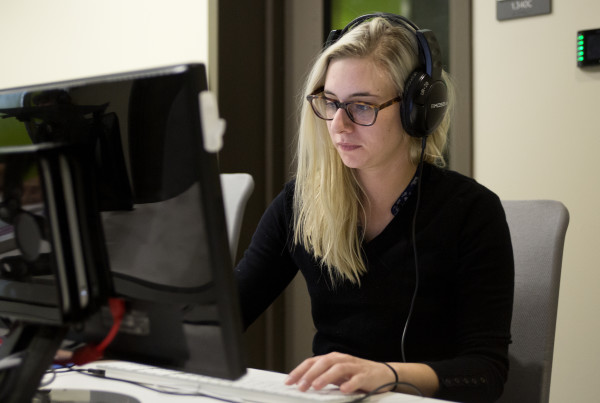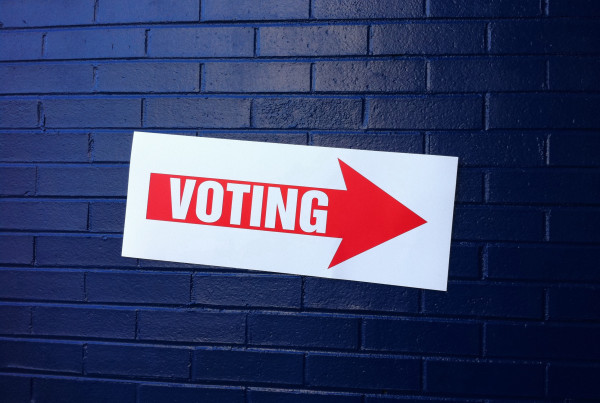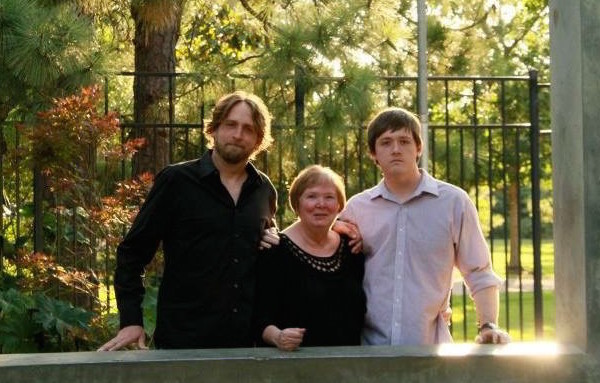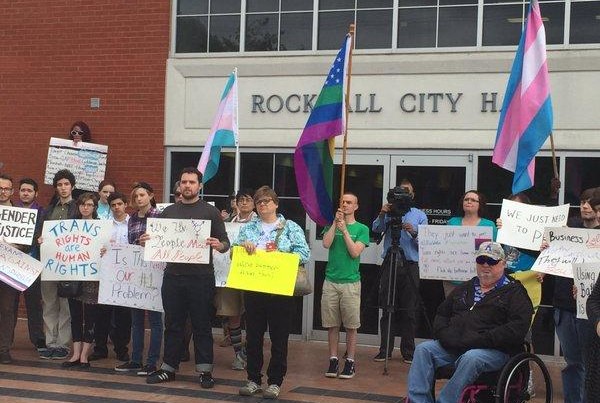From Houston Public Media:
“Please Sir, I want some more.”
Even for people unfamiliar with the story of Oliver Twist, many still know that famous line.
Now, imagine someone saying it in sign language.
Recently, Theatre Under the Stars gave a performance of the musical Oliver!. But on this night at the Hobby Center, there aren’t just actors onstage. On the floor to the right, in the dimly-lit performance hall, there’s another spotlight on two people dressed in black and gray, acting out the scenes inAmerican Sign Language, or ASL.
A musical for people who can’t hear? It may seem contradictory at first.
“Deaf people get music,” says the Hobby Center’s Audience Services Manager Judi Stallings. “Just because they can’t hear everything, it doesn’t mean they don’t understand it. They get the rhythm, the flow, the fluidity of the music.”
The Hobby Center is partnering with TUTS and the University of Houston’s American Sign Language Interpreting program to make the arts more accessible to Houston’s deaf community. It’s the first time they’re trying something like this.
Brittany Best is majoring in American Sign Language Interpreting at UH and is one of the seven seniors responsible for translating the lines of the 58 characters in Oliver!. It’s pretty demanding.
“I’ve got to know the actors’ lines; I’ve got to know my interpretation of those lines; and I’ve got to know what they’re doing onstage, because I’m not looking at them,” Best says. “So I’ve got to know all three and keep in line with the music (and) the tempo of the song.”
The preparation began weeks in advance.
“They engaged in complete script analysis and, along with me, worked through the script line, by line, by line,” says Sharon Hill, Program Coordinator and faculty member for UH’s ASLI program. She’s been instrumental in getting the project started.
ASL is its own language and doesn’t have the same sentence structure as English, which means that translating word for word doesn’t always work. That’s also why subtitles aren’t usually ideal when trying to translate dialogue and music.
“As Long as He Needs Me is really a challenging song,” says UH senior and ASL interpreter Barae Frizzel. “I almost spent a day just trying to study that piece. (There are) no signs that you can match to it. It’s more of a feeling and emotion that you have to connect with your audience.”
When the lights come up at the end of the show, some people up front are waving their hands in the air. (Think jazz hands, but with more excitement.) That’s the deaf version of applause.
Kristina Rodriguez, another student who was signing in the performance, has a unique experience with sign language. Both her parents are deaf and she grew up speaking ASL. This was her mom’s first time to a TUTS show.
When she was asked what it was like to see her daughter in a live performance.
Kristina translated the question and answer: “I’ve never seen my daughter act that way and have so much expression on her face. It was really exciting to watch. I’m just really happy to see her here.”
It was also the first time for Robyn Brittan, another member of the deaf community.
Sharon Hill translated her comment: “I see, as a deaf person, that I have access in my language. I miss not one piece of the show.”
Stallings says this is a test-run to see if it’s something the Hobby Center can begin to offer more often as part of their accessibility initiative they began this year.
“People that I know in the deaf community have assured me, ‘Don’t leave me out just because you think I can’t hear the music,’” she says. “There’s still something there for them.”


